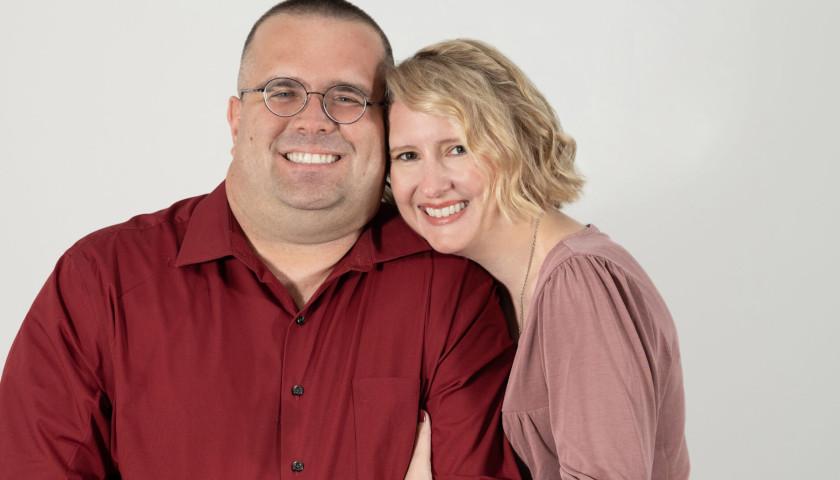A Catholic Massachusetts couple filed a federal lawsuit this week claiming they were rejected as potential foster parents because of their faith beliefs about marriage and sexuality.
The couple, Mike and Kitty Burke of Southampton, said in their complaint they were told by a state employee of the Department of Children and Families (DCF) their religious beliefs conflict with the state’s policy requiring them to affirm same-sex relationships and gender ideology.
According to the complaint, while DCF “’[a]cknowledged’ the ‘family[‘s] strengths, this including their willingness to parent a child w/moderately significant medical, mental health and behavioral needs,’” the agency ultimately “denied the Burkes a foster care license,” with “only one reason … given for that denial: they ‘would not be affirming to a child who identified as LGBTQIA.’”
The Burkes (pictured above), who struggled for years with infertility, said in a statement they had finally been looking forward to becoming parents.
“We were absolutely devastated to learn that Massachusetts would rather children sleep in the hallways of hospitals than let us welcome children in need into our home,” the couple stated.
Becket Law, which represents the Burkes, noted that during their extensive home interviews with state agencies, the couple grew troubled that many of the questions they were asked focused on their Catholic views about sexual orientation and gender dysphoria.
While the couple responded they would love and receive any child into their home, regardless of his or her future sexual orientation or gender identity, because they would not abandon their traditional faith beliefs about marriage and sexuality, their application was rejected.
Becket observed the state’s documentation:
The couple’s home study said, “Their faith is not supportive.” DCF officials said that while they had strengths, their answers about sexuality and gender barred them from being licensed. This denial was as unnecessary as it was unconstitutional. Massachusetts law protects the religious liberty of foster parents. And Massachusetts is supposed to put the best interests of children first.
The Burkes’ rejection as foster parents comes as Massachusetts is severely struggling to find foster homes to meet the needs of the children in its care, with more than 1,500 children living without a family, Becket explained, adding:
The crisis has become so extreme that the state has resorted to housing children in hospitals for weeks on end—not because the children need medical attention, but because the Commonwealth has nowhere else to put them. Now more than ever, Massachusetts needs loving couples like the Burkes to foster children in need.
“It takes the heroic effort of parents like Mike and Kitty to provide vulnerable children with loving homes through foster care,” said Lori Windham, vice president and senior counsel at Becket. “Massachusetts’ actions leave the Burkes, and families of other faiths, out in the cold. How can they explain this to children waiting for a home?”
The legal institute observed that “federal law protects the ability of religious people and organizations to foster children in need without having to forfeit their beliefs.”
“Because Massachusetts was unwilling to uphold law including in its own Foster Parent Bill of Rights—Becket is going to court to enforce them,” stated the public-interest institute that seeks to protect religious liberty.
– – –
Susan Berry, PhD is national education editor at The Star News Network. Email tips to [email protected]
Photo “Mike Burke and Kitty Burke” by Becket Law.






Christians are a persecuted group because they refuse to accept the stupidity of the woke Democrat agenda.
What a terrible shame to disqualify this couple. There are so many abused and neglected children in the foster care system desperately in need of a forever home. This couple ostensibly would provide a great home. With their values and their stability, this is exactly what the child needs. I am not surprised the offending state is MA. The state agency clearly does not have the child’s best interest at heart.